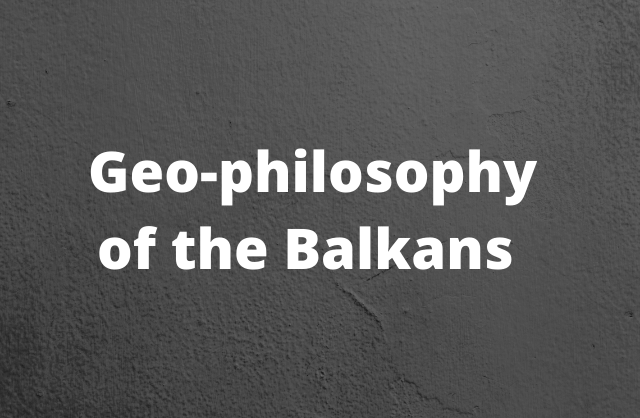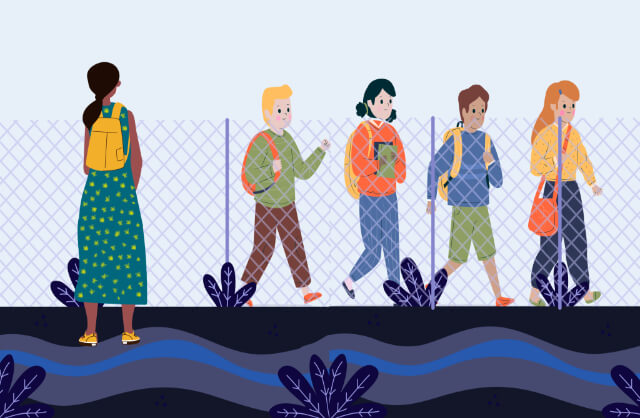Geo-philosophy of the Balkans, launching of ERASMUS Strategic Partnership (2020-2023)
April 19, 2021

Announcement (start of the project)
The ERASMUS Strategic Partnership Geo-philosophy of the Balkans (GEOBALKANS) focuses on developing curriculum that will promote trans-disciplinary and critical political studies, bringing into dialogue and co-operation various traditions of critical theory and multiple disciplines from the humanities and social sciences (psychoanalysis, anthropology, contemporary philosophy, art theory, cultural studies, memory studies, gender and sexuality studies, media studies, human geography, history etc.), and develop innovative pedagogies, teaching, assessment and learning environments that would co-respond to this approach. Relying on the core critical theory’s commitment to political and cultural transformation and fostering of democracy, justice, equality, reconciliation and trans-cultural dialogue and openness, by leveling the importance and entangling knowledge production and critical analysis with active political and democratic engagement, GEOBALKANS aims to offer prospective students cross-disciplinary and critical understanding and tools for analysis and research on contemporary political phenomena, by setting the geopolitical location, relations and politics of the Balkans as its major focus of knowledge production and research.
With this program we would like to focus on the specific, “now and here”, of situated, material, context sensitive and the contingent genealogy, development, meaning and application of the concepts of traditional political theory. The latter involves re-thinking the universal and trans-historical use of political philosophy as being placed, abstractly nowhere and universally everywhere within the context of the Balkans, while simultaneously de-territorializing it in open generality and emerging composites of connections, multiplicity of occurrences and contingencies that cut through different disciplines, histories and contexts, and hence produce new thought on the political.
The aim of the trans-disciplinary Balkan studies GEOBALKANS is to modernize educational approaches on crucial issues related to (self -) understanding of the region to face up the current and future challenges of reconciliation and Europeanization. In light of the increasing and resurfacing illiberal tendencies that stall its European perspectives the project starts from the premise that studies in social science and humanities in the Balkans are mostly nationally biased, lacking cross-regional and trans-disciplinary dimension. This bias, notably, critically impairs the processes of reconciliation and democratization of the region. Based on this, GEOBALKANS’ main objective is the establishment of an integrated, trans-Balkan and trans-European school that will fuse the best European practices in the study of the respective fields, giving them a sound regional dimension, supported through trans-disciplinary cutting-edge methodologies and cooperation in social sciences, humanities and natural sciences, flexible (conventional and digital) study approaches, covered by distinguished regional and European experts in the field.
The main premises of the GEOBALKANS’ curriculum are Bodies Politics, Critique of Illiberal Ideologies, Politics of Borders, Migration and Communities, and Memory Studies.
The project is organized by American University of Europe from Skopje as a coordinator organization, together with the partner organizations Singidunum University from Belgrade, Panteion University from Athens, L’Orientale University from Naples and University of Verona. The partnership is devoted to sharing knowledge, academic and civic practices that will improve the regional and wider cooperation, especially with emphasize on the establishment of the academic axis between Athens, Skopje and Belgrade, supported by the expertise and supervision of relevant sources of knowledge and research that regard the Italian partners, their universities and renowned research centers.


